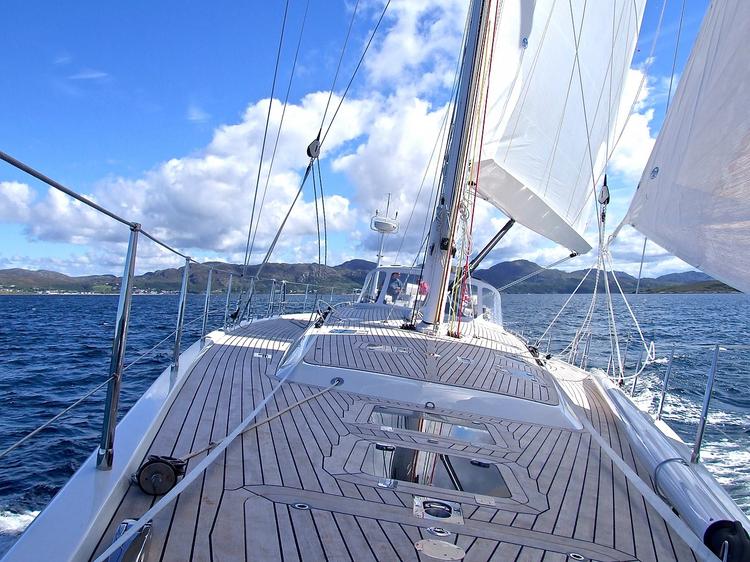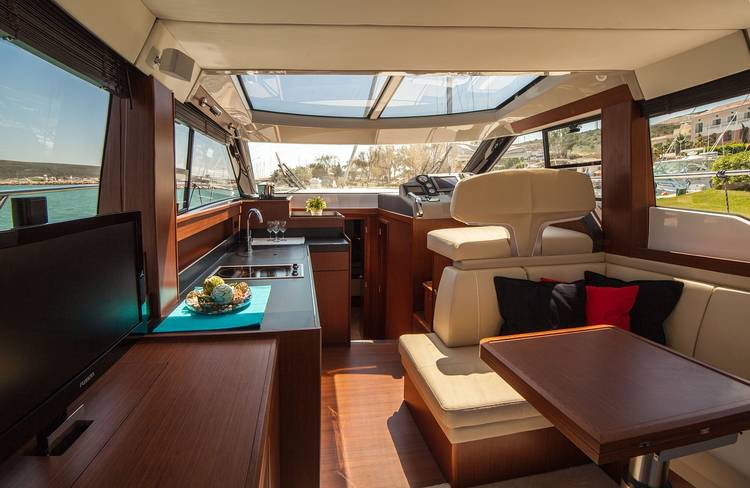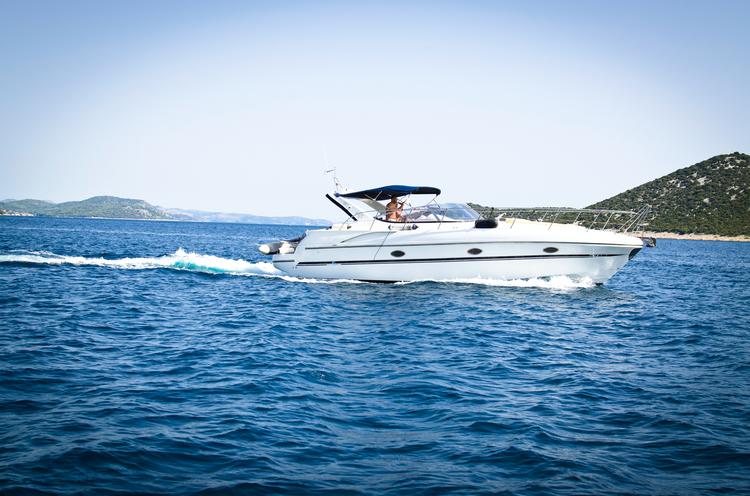
How to choose the right type of yacht?
As a rule, people who want to buy a yacht ask sellers the same questions. We have presented the answers to the most popular of them below.
Before making a purchase, you need to evaluate your budget and your own needs. All commercially available yachts can be divided into 4 types:
- A (ocean-going motor yachts). They are designed for long-term sailing away from the shore with a wind strength of 8 points and a wave height of 4 meters.
- B (sea yachts). This is a category of motor vessels that can withstand the effects of wind up to 8 points and a wave up to 4 meters high.
- C (recreational motor vessels). Such yachts are used for short-term sailing in coastal waters. They are also suitable for traveling on canals and rivers. They are able to withstand winds of up to 6 points and waves up to 2 meters high.
- D (compact maneuverable yachts). They are ideal for walking along closed canals, rivers and lakes. They withstand wind force up to 4 points and wave height up to 0.5 meters.
The material of which the case is made
The most demanded material for the manufacture of the case today is fiberglass. It is used to make the frame of yachts of 10 – 16 meters. Such a housing is resistant to corrosion, has a minimum weight and has high strength.
Another popular material is wood. It also has a low weight and is resistant to rust. But its strength will be less, and the cost of such yachts will be higher.
You can also find yachts on sale, the hull of which is made of aluminum or steel. Aluminum yachts are expensive, but they do not require painting, and their hull has a minimum weight and is not subject to corrosion. Steel models are a cheaper analogue, but their weight will be impressive, and you will have to spend more time and money on care.

Type of motor
Manufacturers complete yachts with gasoline and diesel engines.
Gasoline engines are light in weight and compact in size. They also create less vibration and work quieter. BUT! Gasoline engines are explosive and consume about 25% more fuel than their diesel counterparts.
Diesel engines are less flammable and have more economical fuel consumption. It is also less harmful to human health and the environment because it leaves a smaller carbon footprint.
On the advertising pages



